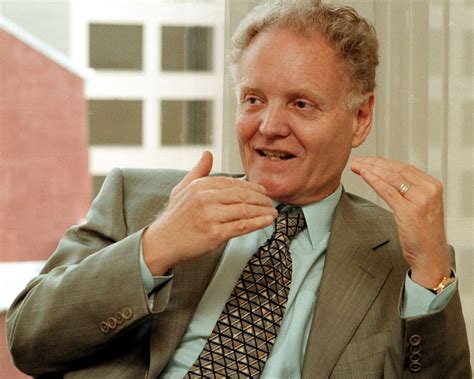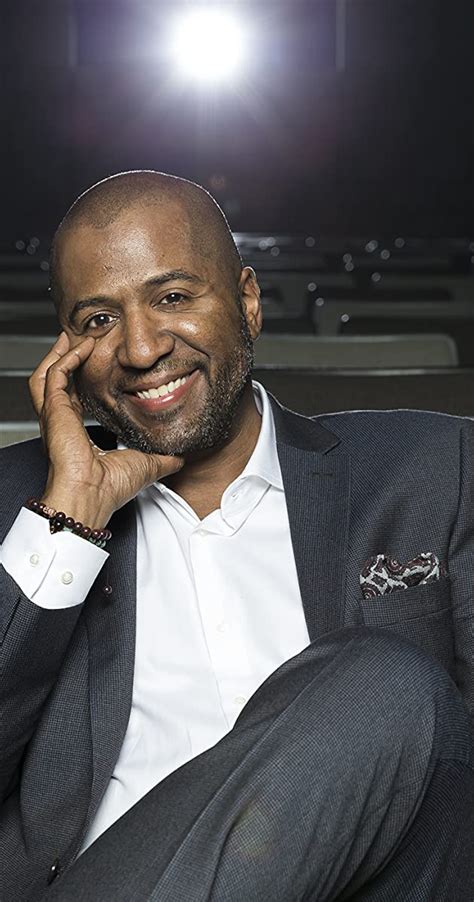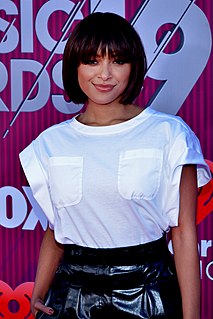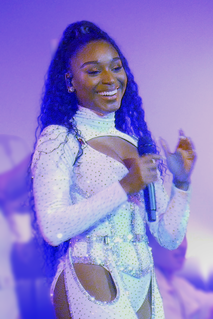A Quote by Hugh Masekela
The Afro-American experience is the only real culture that America has. Basically, every American tries to walk, talk, dress and behave like African Americans.
Related Quotes
The lesson this teaches and which every Afro-American should ponder well, is that a Winchester rifle should have a place of honor in every black home, and it should be used for that protection which the law refuses to give. When the white man who is always the aggressor knows he runs as great a risk of biting the dust every time his Afro-American victim does, he will have greater respect for Afro-American life. The more the Afro-American yields and cringes and begs, the more he has to do so, the more he is insulted, outraged and lynched.
Michael Jackson fundamentally altered the terms of the debate about African American music. Remember, he was a chocolate, cherubic-faced genius with an African American halo. He had an Afro halo. He was a kid who was capable of embodying all of the high possibilities and the deep griefs that besieged the African American psyche.
In North America, what happens often is that they put race before nationhood. Everyone here is Hispanic-American, Chinese-American, African-American. But really, we're just North Americans of all these different descents. The only time I notice North Americans becoming national is when a war happens or a crisis happens.
You see the one thing I've always maintained is that I'm an American Indian. I'm not a Native American. I'm not politically correct. Everyone who's born in the Western Hemisphere is a Native American. We are all Native Americans. And if you notice, I put American before my ethnicity. I'm not a hyphenated African-American or Irish-American or Jewish-American or Mexican-American.
People take pride in being Irish-American and Italian-American. They have a particular culture that infuses the whole culture and makes it richer and more interesting. I think if we can expand that attitude to embrace African-Americans and Latino-Americans and Asian-Americans, then we will be in a position where all our kids can feel comfortable with the worlds they are coming out of, knowing they are part of something larger.
There is nothing antithetical in American history, culture, or traditions to teamwork. Teams were important in America's history - wagon trains conquered the West, men working together on the assembly line in American industry conquered the world, a successful national strategy and a lot of teamwork put an American on the moon first (and thus fare, last). But American mythology extols only the individual...In America, halls of fame exist for almost every conceivable activity, but nowhere do Americans raise monuments in praise of teamwork.
I don't really identify with America, I don't really feel like an American or part of the American experience, and I don't really feel like a member of the human race, to tell you the truth. I know I am, but I really don't. All the definitions are there, but I don't really feel a part of it. I think I have found a detached point of view, an ideal emotional detachment from the American experience and culture and the human experience and culture and human choices.
The African-American is often used, and has conspired with the rest of America to be used, as a diversion from America's problems. I wish African-Americans would stop contributing to this sideshow. I also wish all African-Americans would cease to sing and dance just for a generation. I think we provide too much entertainment.
When I was a kid, I'd go to the African-American section in the bookstore, and I'd try and find African-American people I hadn't read before. So in that sense the category was useful to me. But it's not useful to me as I write. I don't sit down to write an African-American zombie story or an African-American story about elevators. I'm writing a story about elevators which happens to talk about race in different ways. Or I'm writing a zombie novel which doesn't have that much to do with being black in America. That novel is really about survival.



































